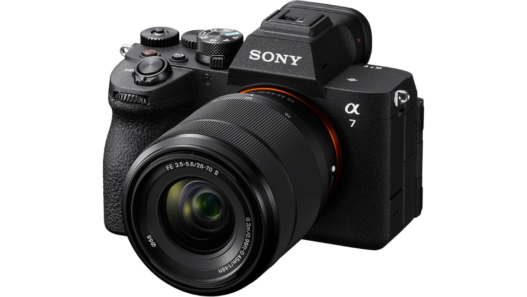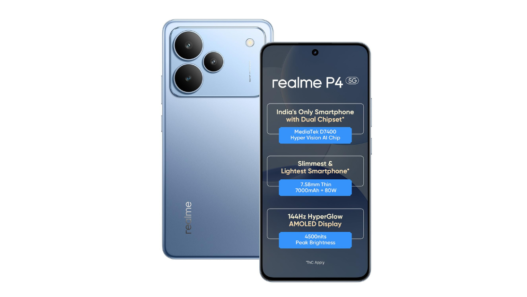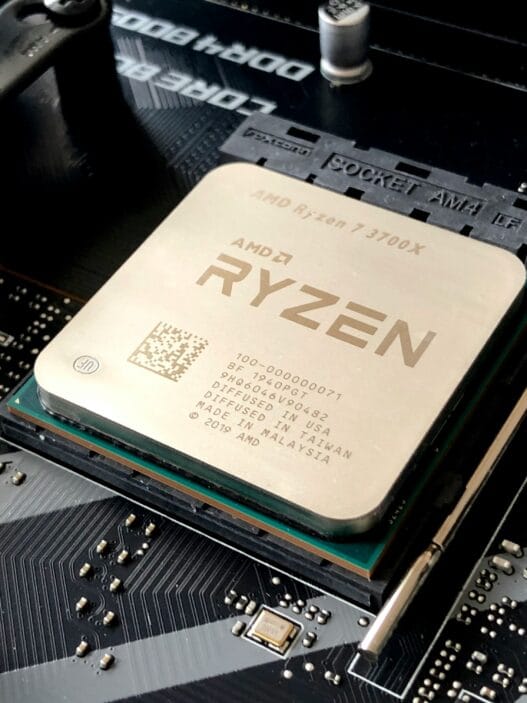Table of Contents
Apple has presented the most important update to the new iPads since their launch with the new iPad Air with M2 and iPad Pro with M4, which arrive after more than a year without new models. There are three big reasons but also three challenges.
On Tuesday, Apple held its Let Loose event, the first dedicated to the iPad in a long time. “It’s the biggest day for the iPad since its launch,” according to Apple CEO Tim Cook.
With these announcements, the American company has given life to a product that needed a little more attention in recent times, as it had not announced any new models for the whole of last year, contrary to what is customary.
On the one hand, there are the iPad Air, with 11-inch and 13-inch models that renew this family with the M2 chip, while most of the novelties have been taken by the new iPad Pro, with the newly developed M4 processor, OLED screen, thinner design (up to 5.1 mm), a new case with a keyboard even more similar to PCs, and Apple Pencil stylus with a gyroscope.
The large number of new features present in the new iPads that Apple has announced makes them the most important launch for this device since almost a decade ago, when in 2015 the first iPad Air and iPad Pro were announced. And, according to Apple, it’s the most robust iPad catalog since the category’s launch.
Let’s take a look at what aspects Apple has set its sights on to revive its family of tablets in 2024 by launching its new iPad Air and Pro, without leaving aside some sections in which it will still have to overcome significant challenges in order to succeed.
The New iPads Air: Embracing the M2 Chip
The arrival of the first iPads in two years couldn’t come at a better time for the tablet market. After the strong rebound of the pandemic, it had been two years of sharp declines and even record lows, but it finally seems to see the light at the end of the tunnel in 2024.
Between January and March 2024, 33.7 million tablets were sold worldwide, according to data from analyst Canalys, a slight increase of 1% compared to the same quarter of the previous year.
This increase, as small as it may seem, is significant because it overcomes a negative trend of 4 consecutive quarters and decreases in 9 out of 10 of the last quarters (since mid-2021).
And not only that, but analysts’ forecasts are for the green numbers to remain in most of 2024 and in the total calculation of the course.
“The tablet industry is off to a positive start in 2024, and the rest of the year should bring more relief after a difficult 2023,” said Himani Mukka, director of research at Canalys.
– Technoluting.com
Apple Leads in Tablet Sales
Apple is the great dominator of the tablet market, to such an extent that many people use the iPad as a synonym for the entire category, and this is something that is not at risk of changing anytime soon.
In the first quarter of 2024, Apple was first with a 35.6% market share and more than 12 million units shipped, well ahead of Samsung, its closest pursuer with 20.2% of the total.
The arrival of new iPad models is a good idea because it is expected to help mitigate the drop in sales in recent times (-13.9% year-on-year in the first quarter). With all this, Apple aims to further cement its first place in the market.
Reinventing the iPad Pro: Introducing the M4 Processor
Apple has managed to make the new iPads it launched in 2024 feel like not just another product but a renewal of great importance for this category.
And much of this credit is due to the fact that it didn’t release any iPads in 2023, which is very rare in a tech industry accustomed to annual iterations, whether or not there are significant new developments. Last year was the first year without new iPads since the category’s birth in 2010.
With this small impasse, Apple has taken time to include more differential features and dedicate more time to the development of a significant update in the iPad family, as is especially noticeable in the new iPad Pro.
The iPad is a far cry from Steve Jobs’ promise to overtake the PC.
The iPad was announced in 2010, just three years after the iPhone, when Steve Jobs was still the company’s CEO.
According to Jobs, the arrival of the iPad marked the beginning of the end of the computer age. “PCs are going to be like trucks,” suitable only for professional users, while tablets would be like cars and become the favorite option of most people, according to the late tech visionary.
But the tablet-to-PC sorpasso that Jobs promised has not only never happened, but with the passage of time, it seems increasingly unlikely.
In the first quarter of this year, 33.7 million tablets and 45.1 million laptops were sold, with 57.2 million if all PCs, including desktops, are taken into account, according to Canalys.
That leaves a wide difference between the two categories that iPads and even tablets in general will hardly be able to reach in the medium term, unless interest in laptops decreases for other reasons, especially if other incipient devices are strengthened (hello, Apple Vision Pro…!).
Didn’t launch any iPads in 2023
The hype Apple has achieved by not releasing any iPads in 2023 for these new devices is an asset, but it also has the risk of backfiring.
The biggest risk is that the absence of the iPad may have contributed to tablets continuing to lose prominence to other devices and that the interest in the new models is not enough to get back on track.
According to data from the Digital 2024 report, 57.7% of adult internet users worldwide own a laptop or desktop computer, compared to 30.9% of the population that currently uses a tablet.
Tablets are currently the third electronic device in terms of penetration, behind smartphones and PCs, but they will surely soon be overtaken by another: smart watches or bracelets, which are already hot on the heels of the iPad category with 30.1% penetration.
Tablets have fallen by 8.3% in the last year, according to the We Are Social report, much more than computers (-0.5%), while smartwatches and bracelets are on an upward trend (+0.7%).
Where’s the AI?
Analysts are very clear that one of the reasons why it makes sense to be optimistic about the sales of other devices such as mobiles and computers is artificial intelligence, which is increasingly present and is expected to increase to 43% in 2027 in mobile phones and up to 40% in 2025 in PCs.
While the iPad Pros are powered by Apple’s next-generation M4 processor, with an improved neural processing unit (NPU, a part of the chip dedicated to AI) that reaches up to 38 trillion operations per second, the U.S. company hasn’t touted its new tablets as AI-oriented devices like smartphones and PC makers are.
While this is consistent with Apple’s strategy at the moment, which is to be more cautious about jumping on the generative AI bandwagon than other tech companies such as Microsoft, Google, and Meta—although it has abandoned the development of its car for this reason—it also runs the risk that the lack of prominence of AI will make iPads and tablets pale in comparison to the trend.
Despite this, it’s more a matter of marketing and Apple hitting the nail on the head with its commitment to AI than hardware capabilities, as the ARM architecture of Apple’s M4 chips is perfectly prepared to take on the workloads and advanced features of other devices that are sold today as AI-ready.
FAQs:
1. When will the new iPads be available for purchase?
- The new iPad models are expected to hit the shelves in the coming months, with specific release dates to be announced by Apple soon.
2. What sets the new iPads apart from their predecessors?
- The new iPads boast significant upgrades, including powerful processors, enhanced displays, and innovative peripherals, making them the most advanced tablets in Apple’s lineup.
3. Are the new iPads compatible with existing accessories, like the Apple Pencil?
- Yes, the new iPads are fully compatible with existing accessories, like the Apple Pencil, ensuring a seamless transition for existing users.
4. Will the new iPads support the latest software updates from Apple?
- Yes, the new iPads will receive regular software updates from Apple, ensuring compatibility with the latest features and enhancements.
5. How do the new iPads compare to other tablets on the market?
- The new iPads set a new benchmark for performance and innovation, surpassing competitors in terms of raw power, versatility, and user experience.















